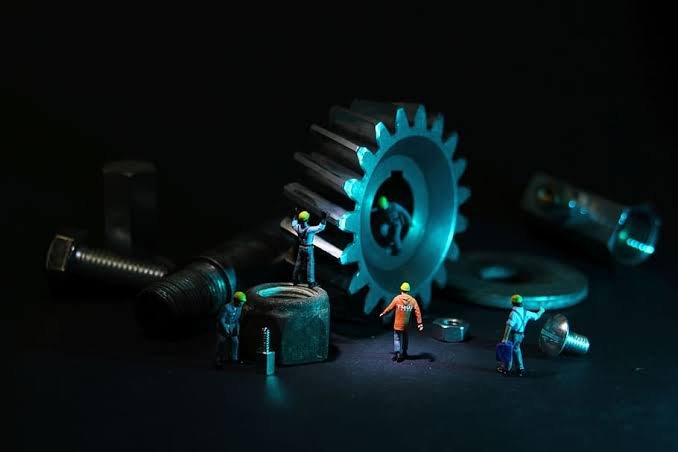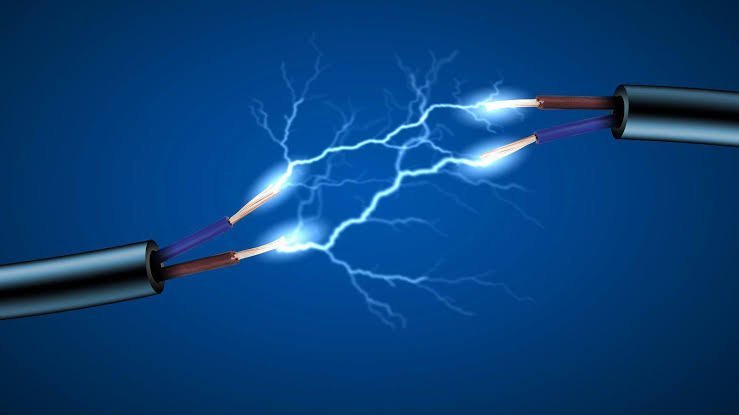Courses
Diploma in Civil Engineering
At RPBM Jiaganj College of Engineering & Technology (JCET), the Diploma in Civil Engineering program offers a comprehensive education in the field. Students delve into core subjects like structural analysis, construction management, and surveying techniques. With state-of-the-art facilities and experienced faculty, students gain practical skills through hands-on training and industry exposure. The program emphasizes both theoretical knowledge and practical application, preparing graduates for successful careers in the civil engineering industry. At JCET, students receive a well-rounded education that equips them with the expertise and confidence to tackle real-world challenges in the field of civil engineering.

Diploma in Electrical Engineering
The Diploma in Electrical Engineering program at RPBM Jiaganj College of Engineering & Technology (JCET) provides students with a comprehensive understanding of electrical systems and technology. Through a blend of theoretical coursework and practical training, students learn about topics such as electrical circuits, power generation, transmission, and distribution, renewable energy sources, and control systems. Hands-on experience in laboratories and workshops equipped with modern facilities enhances practical skills and knowledge application. With guidance from experienced faculty members and exposure to industry practices, students develop the competencies needed to excel in various sectors, including power generation, electronics, telecommunications, and automation. The program prepares graduates for fulfilling careers as electrical engineers, technicians, and technologists, contributing to the advancement of society through innovation and sustainable energy solutions.
Diploma in Mechanical Engineering
The Diploma in Mechanical Engineering program at RPBM Jiaganj College of Engineering & Technology (JCET) offers a comprehensive education in mechanical systems and technology. Students delve into core subjects such as mechanics, thermodynamics, materials science, and manufacturing processes. Through hands-on training in well-equipped laboratories and workshops, students gain practical skills in areas like machine design, computer-aided design (CAD), and maintenance engineering. Experienced faculty members guide students through industry-relevant projects and internships, providing real-world exposure. Upon completion, graduates are prepared for diverse career opportunities in industries such as automotive, aerospace, manufacturing, and energy. The program equips students with the knowledge and skills needed to excel as mechanical engineers, technicians, and technologists, contributing to innovation and technological advancement.


Diploma in Automobile Engineering
The Diploma in Automobile Engineering program at RPBM Jiaganj College of Engineering & Technology (JCET) is designed to provide students with a comprehensive understanding of automotive technology and systems. Through a blend of theoretical coursework and hands-on training, students learn about various aspects of automobile engineering, including vehicle design, engine mechanics, automotive electronics, and vehicle dynamics. Practical sessions in well-equipped laboratories and workshops allow students to gain hands-on experience in areas such as vehicle maintenance, diagnostics, and repair. The program also emphasizes the use of computer-aided design (CAD) software for vehicle design and simulation. With guidance from experienced faculty members and exposure to industry practices, graduates are well-prepared for careers in the automotive industry as automotive engineers, technicians, and technologists. The program equips students with the skills and knowledge necessary to contribute to the development and advancement of automotive technology.
Diploma in Electronics And Telecommunication Engineering
The Diploma in Electronics and Telecommunication Engineering program at RPBM Jiaganj College of Engineering & Technology (JCET) provides students with a comprehensive education in electronics, telecommunications, and related technologies. Through a blend of theoretical learning and practical training, students acquire knowledge in areas such as electronic circuits, digital electronics, communication systems, and microprocessors. Hands-on experience in well-equipped laboratories and workshops enables students to develop skills in circuit design, troubleshooting, and telecommunications equipment operation. The program also emphasizes the use of computer-aided design (CAD) software for electronic circuit simulation and design. With guidance from experienced faculty members and exposure to industry practices, graduates are prepared for careers in telecommunications, electronics manufacturing, and related industries as electronics engineers, technicians, and technologists. The program equips students with the skills and knowledge necessary to contribute to the development and advancement of electronic and telecommunication technologies.

Connect with Us for Assistance and Inquiries!
Have questions or inquiries? Contact us today and let us assist you with any queries or information you need. We’re here to help!

